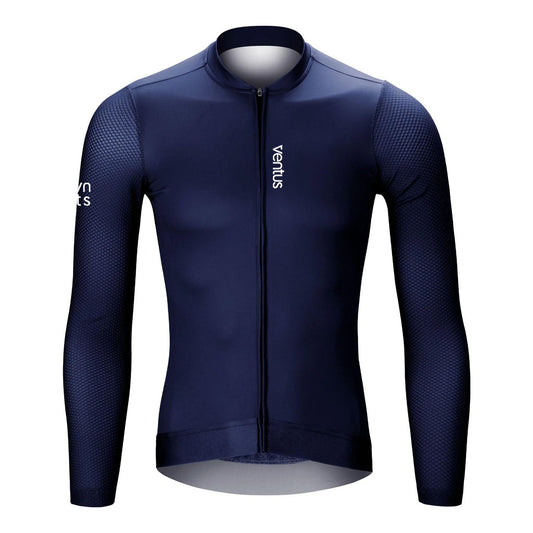
How Do Pro Cyclists Recover?
Share
Training day in and day out, putting in the miles, hitting the gym and lifting and trying to do all of the little things that will make them stronger and faster cyclists. Recovery is as important as training, as it makes them come back as stronger athletes.
The hard sessions and big miles break the body down, and then when they rest or recover, their body compensates for that work, and they come back with more strength and power.
What is Cycling Recovery?
It is the process that the body undergo after a hard block of training. No matter whether you are building base fitness, working through a build phase that includes FTP and Threshold workouts, or fine-tuning for some races with VO2Max or FRC workouts, after that training block (of about 3 weeks), you need to recover.
What is the Importance of Recovery in Cycling?
There is a saying that most athletes aren’t overtrained, they are under-recovered.
When we work out or do intervals, or simply ride the bike, we are putting stress on our bodies. We see this metric in the Training Stress Score, or TSS, of our ride. That ride is not what makes us stronger though. That stress breaks the body down, and then when we recover, the stimulus is telling the body, “Hey, you need to recover and come back stronger in case we need to handle this workload again.”
This is how periodization came about. Train -> Recover -> Come back stronger so you can train harder than the initial session.
Cycling recovery can be seen on micro and macro scales. On the micro-level, you recover between interval sets so that you are fresh enough to complete the next bout of work. On a macro scale, the recovery week is used to freshen up and recover from the last block of training (usually about 3 weeks of training, and then one recovery week).
Not only do we need physical recovery from the workouts, but we also need to give our brain and mental state a break from intervals or high-intensity workouts.
How Long Does It Take for Legs to Recover After Cycling?
We actually need more than just the legs to recover! We want the entire body to recover, from muscle to hormonal balance. On one extreme of overtraining, it is much more than just the muscular system that gets overworked but includes others like your Immune System and Nervous System.
Your cycling recovery time is very individual and can be affected by age, training status, how hard you’re training, or even the time of year. In general, you should be able to recover after 1-3 days.
Unfortunately, there is no cycling recovery time calculator, so we can’t give you an exact answer on how long it may take to recover. The best way is to simply listen to your body. You should feel energetic and motivated to get out on the bike.
How Long Should I Rest After Cycling?
You can most likely get away with 2-3 solid rides back-to-back, after that, it might be time for a rest day. Usually athletes respond well to one intense session, one medium session, and an endurance session during the week. This obviously depends on the weekend’s upcoming events and rides, but a good framework to start from.
A rest day is a complete day off the bike, or extremely easy spinning, where you literally would get passed by someone cruising around town. A rest day is a time for cycling recovery; not a day to go fast.
The 10 Top Ways You Can Recover Like A Professional Cyclist
To summarise, find below ten top recovery tips from professional cyclists:
- Eat plenty of carbs and take on adequate Calories throughout the day
- Fuel on the bike (90-120 grams of carbs per hour)
- Consume carbs right after riding to replenish glycogen
- Prioritise sleep and rest
- Do recovery rides or active recovery of some form
- Put your feet up and limit extra activity
- Take 2-3 rest days per week
- Limit high intensity sessions to 2-3 days per week
- Get a massage
- Avoid alcohol
Focus on these basics every day and we can guarantee you will be recovering like a pro in no time!
Source: evoq.bike



